Welcome to the December edition of our Fostering South West newsletter
Welcome to December, and for many the start of the festive period. During this time we are often reminded of the joy and warmth that this time of year can bring. However, we also recognise that for many, the holidays can be a challenging period. It’s a time when feelings of loneliness and stress can be amplified, especially for those without a stable and loving home.
At Fostering South West, we understand the importance of providing support and care to those who need it most during this season. For children in foster care, the holidays can be particularly difficult, as they may be separated from their families and familiar surroundings. This is where the role of foster carers becomes even more crucial.
We encourage our prospective foster carers to embrace the spirit of the season by offering a safe and nurturing environment for these children. Your compassion and dedication can make a significant difference, providing them with the stability and love they deserve.
So, no matter where you are on your fostering journey, we hope you’ll enjoy reading more below. Don’t forget, we’re here for you whenever you feel ready to take the next step, or if you just want some of your questions answered.
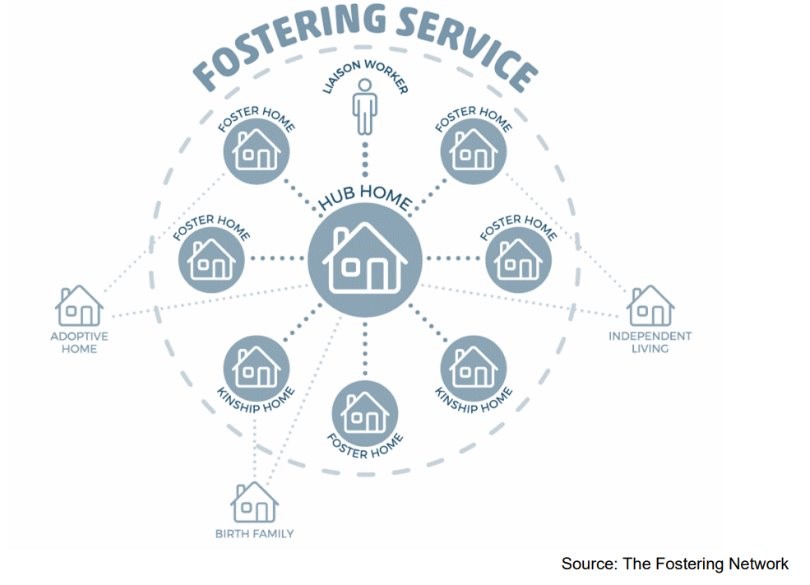
What is Mockingbird?
The Mockingbird fostering model is an innovative approach designed to create a supportive, extended family network for foster carers and children, based on the concept of “taking a village to raise a child”.
Developed by The Fostering Network, this groups six to ten foster families, known as a “constellation,” around a central “hub home” that provides vital support, guidance, and respite care. This structure not only strengthens relationships within the fostering community but also enhances stability and resilience for children and young people in care.
By fostering a sense of belonging and mutual support, the Mockingbird model aims to improve outcomes for everyone involved.
Meet some of our local council foster carers – Cornwall Council
Something we hear a lot is how does it feel when a child in your care moves on and how do our foster carers manage that process.
A group of foster carers from Cornwall Council share their first-hand experiences of this, and how it’s all about giving children and young people the skills and experiences to become independent. They share that it is completely natural to feel emotional about this time of change for everyone, but actually they will always be part of your family.
See what they have to say for yourself in our video. Thanks to our partners in Cornwall Council for sharing this.
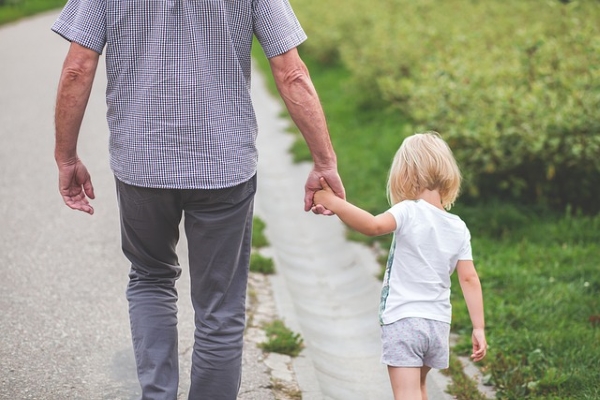
Upcoming events
The festive period traditionally sees authorities slow down their in-person events activity, however there are still lots going on! You can find out details about all of our events taking place this month on our events page via the button below. Planning is currently underway for events in 2025 so make sure to regularly check the page to see where we are next near you.
Fostering South West will also be running their next virtual information events on the 10th December at midday and 7pm. These are a great opportunity to find out more from our team and existing local council foster carers about what the role is really like, and get any questions you have answered. There’s no need to pre-register, or attend both as the content is the same, just click the appropriate link at the time.
Post approval stage
After being approved as a foster carer, you can expect to receive ongoing support and training, both from your local council, and Fostering South West
- Advice and guidance – Your social worker will continue to offer support and advice throughout your career
- Training and support groups – You’ll be invited to groups where you can learn from other foster carers and professionals
- Learning and development framework – This framework provides opportunities for training, advice and support to help you care for children
- Support for individual children – Once a child is matched with you, your social worker will help you understand their needs. You’ll also work with wider professionals (the team around the child) to mee the child’s best interests.

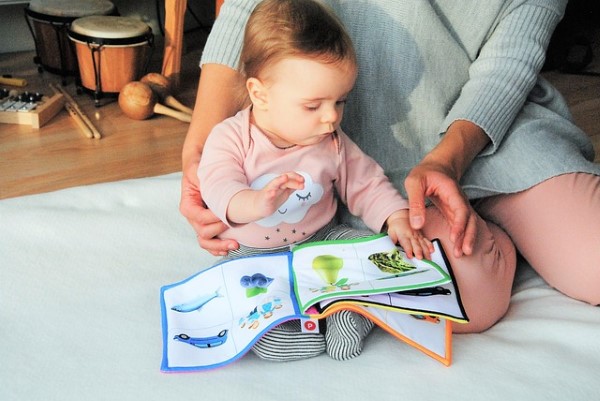
Monthly myth buster
Throughout the course of our newsletters, we give a spotlight in each edition to a common misconception about fostering. This month, it’s the myth that you need certain qualifications to be a foster carer.
It’s a common worry we hear that people don’t think they’re qualified to become a foster carer! We’re here to bust that myth because someone’s educational background does not stop them becoming a foster carer.
We want to hear from people from all educational backgrounds and careers as the experiences you get throughout your life may bring a range of transferrable skills that will help you in your fostering journey.
Don’t let this myth hold you back from making a difference! Working and fostering can go hand in hand and if you’re passionate about helping children and young people across the region, it’s possible to do both.
Our recommended resources
“Little Green Pea” resources include picture books, rhyming stories and free resources for children who have experienced trauma or attachment challenges.
Written by Anna Carey, a Foster Carer, Adopter and Occupational Therapist, these affordable titles are specifically designed to open a dialogue with children about managing their emotions, navigating attachment difficulties, or exploring the meaning of family.
The books are deliberately simple, colourful and use powerful photo images of plasticine characters who end each story with a message of acceptance and positive self-worth. Each resource is carefully designed so that the narrative can be personalised to the reader. Used alongside free printable guides from the website (littlegreenpea.co.uk) Little Green Pea resources are essential addition to the bookshelf in Schools and Family Centres as well as the homes of Foster Carers and Adopters.
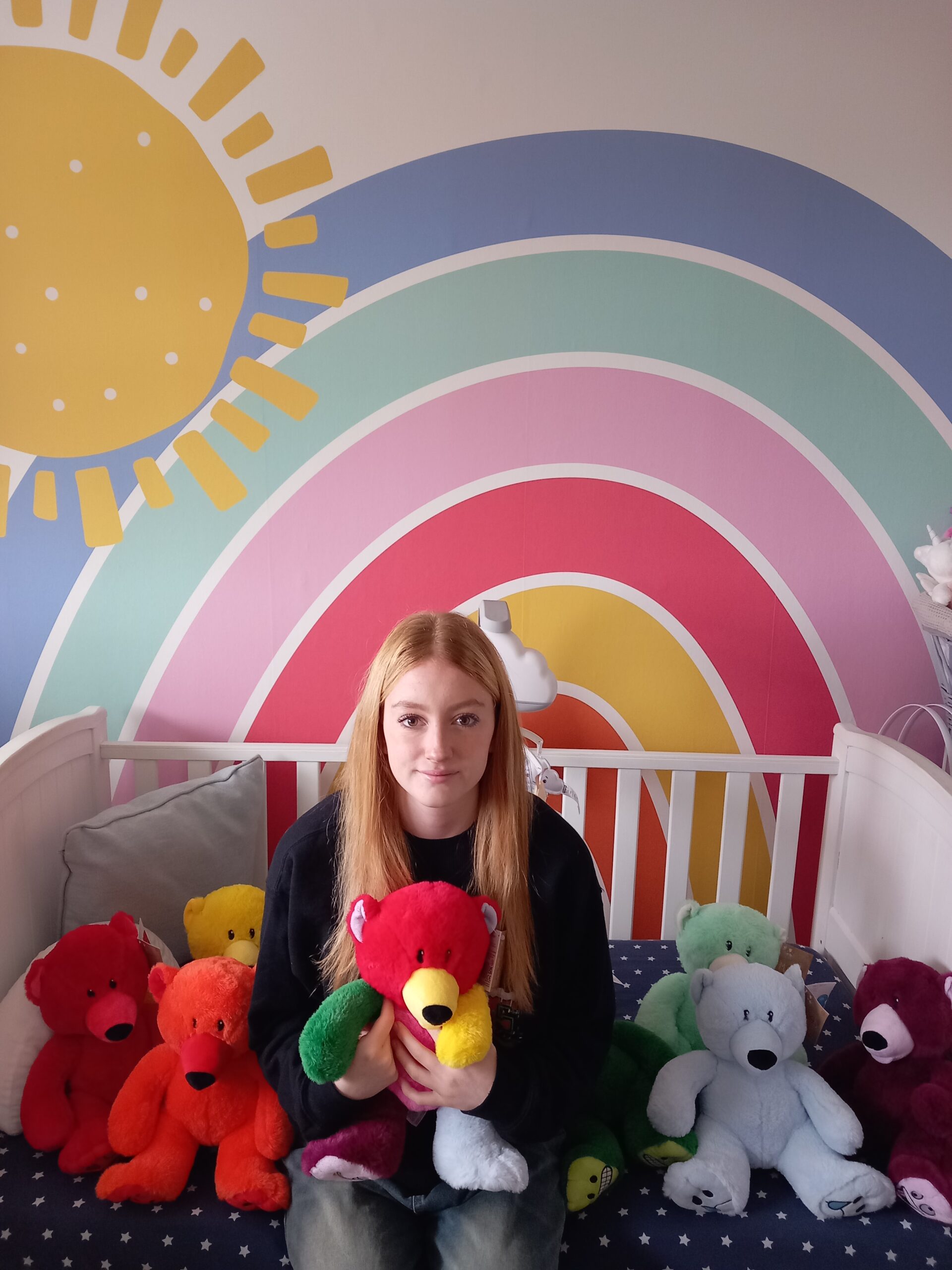
Thank you for entering our competition!
Thank you to the over 200 people who entered our first ever social media competition to win several large Mood Bear bundles and name our Hope Bear mascot.
Ray, was the chosen name from the final three at our corporate launch event. Ray means a ray of hope, sunshine of light through the darkness and the calm after the storm through all of the emotions.
It’s been great to receive so many photos from people and hear their testimonials about their experiences with Mood Bears. Keep an eye on our socials from the 9th December for another opportunity to win some prizes.
Where’s Ray?
Follow Ray’s journey visiting our local council partners in our newsletter.
Each month Ray will be in a new location, spreading the word about the importance of fostering with your local council.
Get in touch via our social medias below, or email in where you think Ray is and get the chance to win a large mood bear!
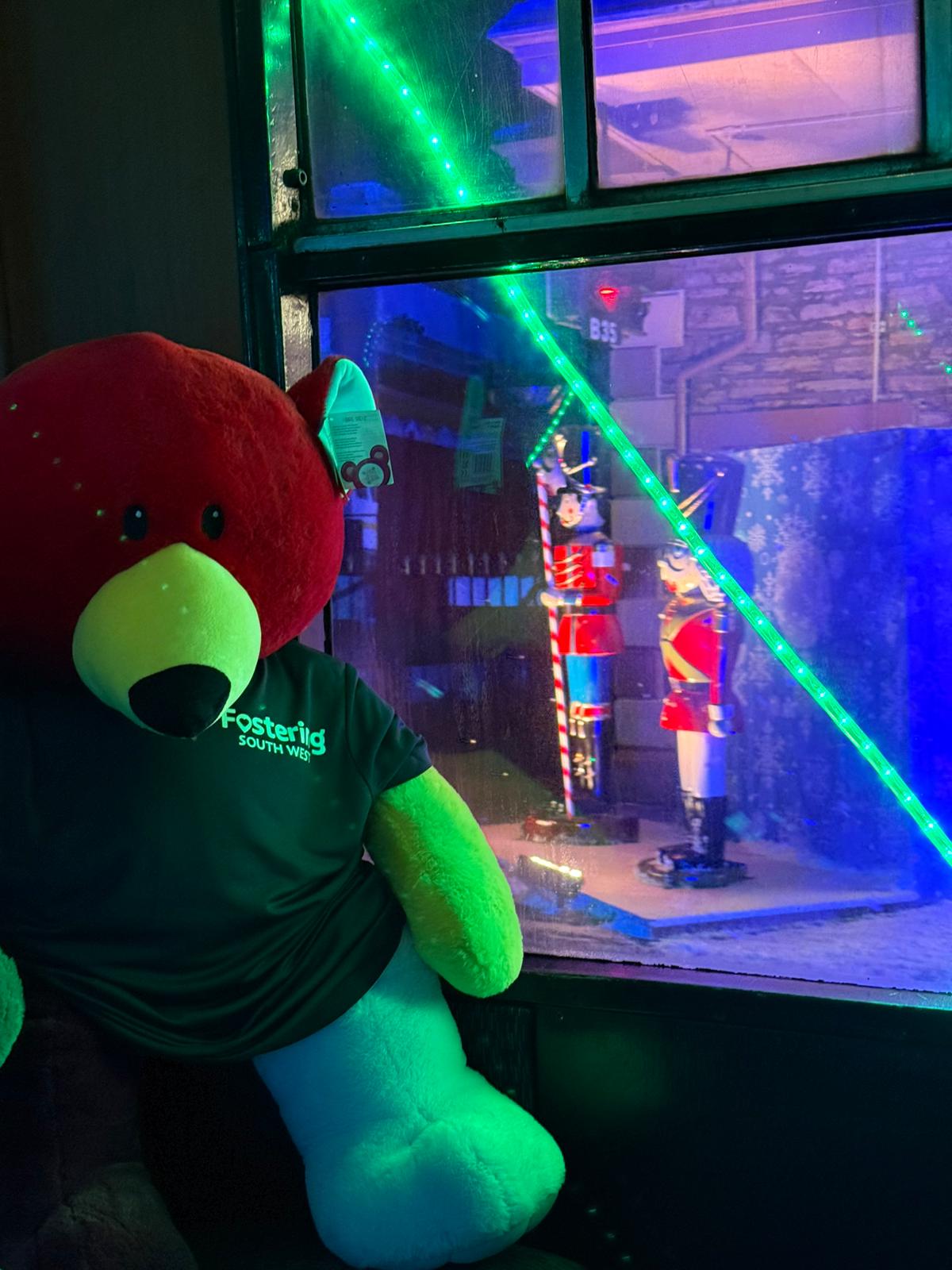
Keep in touch with us
Don’t miss out on our fresh content across our social media channels! Follow them via the buttons below.
